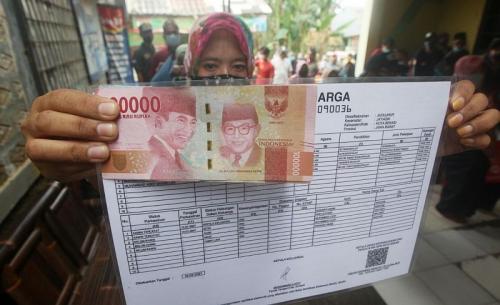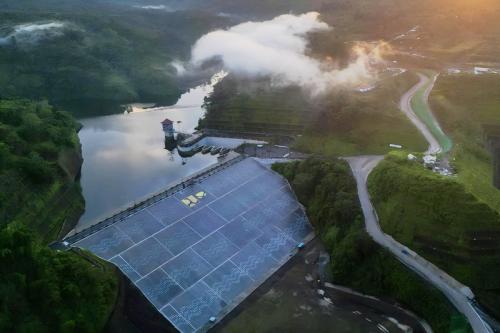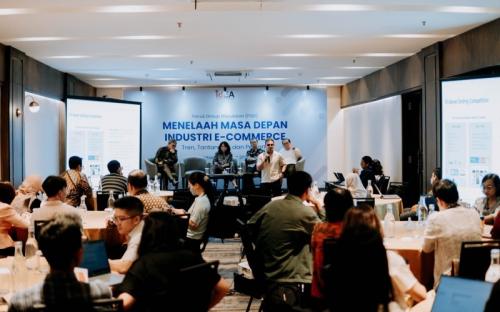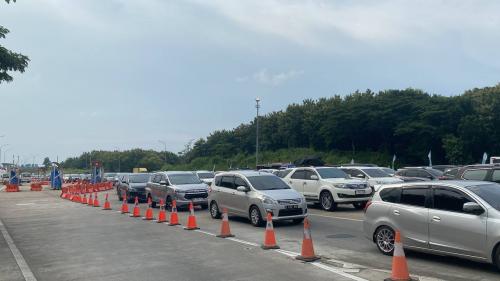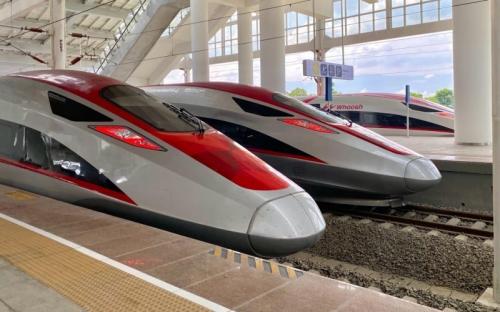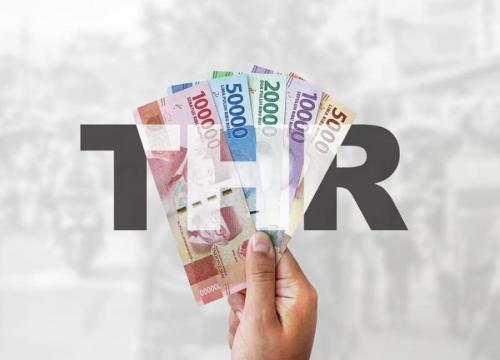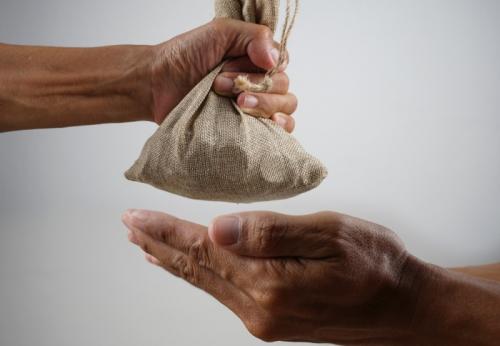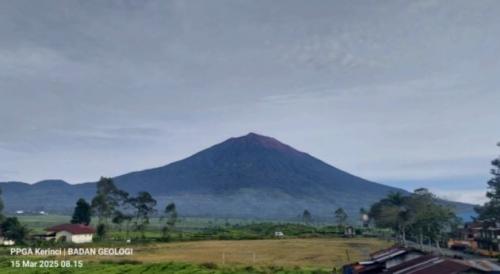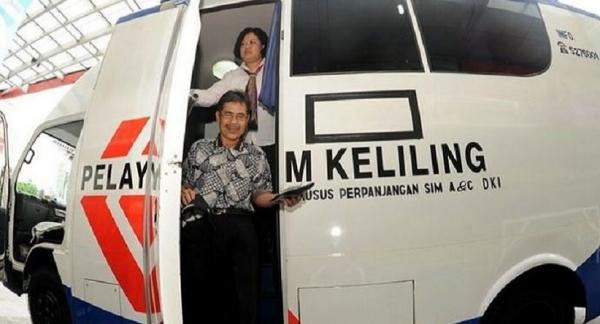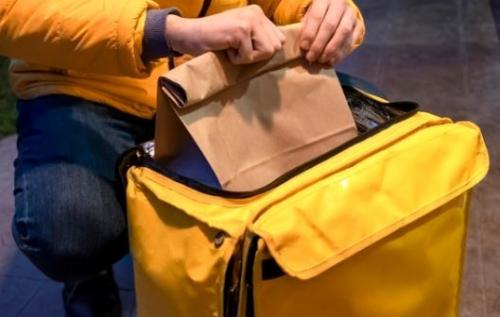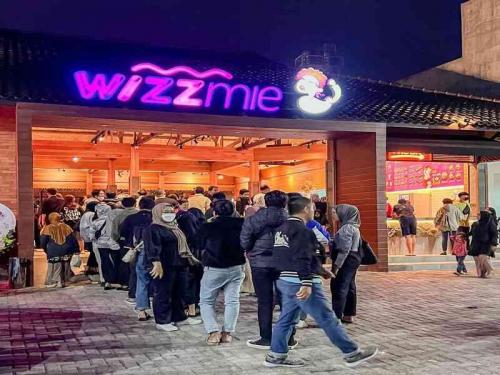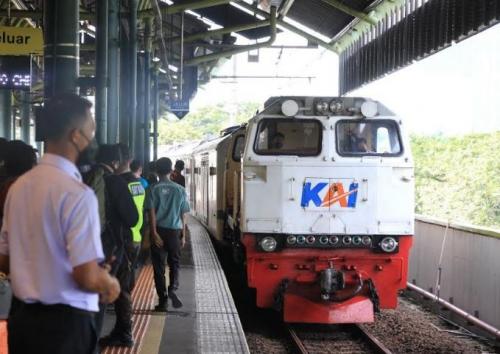Indonesian Vice Foreign Minister Arrmanatha Nasir attended the Ministerial Level Meeting of the Melanesian Spearhead Group (MSG) in Port Vila, Vanuatu.
![]()
Indonesia Committed to Advancing Development Cooperation with Melanesian Countries. (Photo: MoFA)
IDXChannel - Indonesian Vice Foreign Minister Arrmanatha Nasir attended the Ministerial Level Meeting of the Melanesian Spearhead Group (MSG) in Port Vila, Vanuatu on Thursday (28/11/2024).
"Our main focus is to bring real benefits to the communities across all MSG members," he said in a statement.
As part of the larger Pacific family, Indonesia believes that this region has extraordinary potential to grow into a stronger and more prosperous area.
Nasir also emphasized President Prabowo Subianto's great attention to strengthening cooperation with Melanesian countries. To realize this commitment, Indonesia has set three main priorities.
First, advancing development cooperation. Indonesia is committed to helping MSG member countries address challenges such as the impacts of climate change and rising sea levels, which are major concerns in the MSG region.
In addition, Indonesia will continue to provide training programs in fields that have a significant impact on society, such as the fisheries sector, public health, law enforcement, and vocational training. Indonesia also sees great trade opportunities with MSG countries, especially for flagship products such as cocoa, fish, sugar, and mineral water.
Second, strengthening regional resilience. This is important amidst the increasingly challenging global situation. Indonesia proposes synergy of the MSG program with the Archipelagic and Island States Forum (AIS), for example, for energy transition, disaster preparedness enhancement; and blue economy development by utilizing the vast potential of Pacific marine resources.
Third, acting as a bridge for the Pacific region. In this regard, Indonesia emphasizes the importance of maintaining the spirit of non-alignment amid global geopolitical rivalries, as called for by MSG leaders through the Efate Declaration. Indonesia also sees the importance of strengthening cooperation between Southeast Asia and the Pacific in line with the ASEAN Outlook on the Indo-Pacific, particularly in the fields of infrastructure, climate change, and sustainable development.
Nasir also emphasized that Indonesia does not stop at commitments but also implements concrete programs. For example, the Indonesian Navy hospital ship recently provided healthcare services to more than 335 Vanuatu citizens, as well as delivered medical supplies to the local government and nursing training. This model of cooperation will continue to be developed through synergy with similar programs owned by other countries.
"Together, we can build a stronger, more resilient, and more prosperous future for the next generation," he said. (Wahyu Dwi Anggoro)
.png)
 3 months ago
44
3 months ago
44

